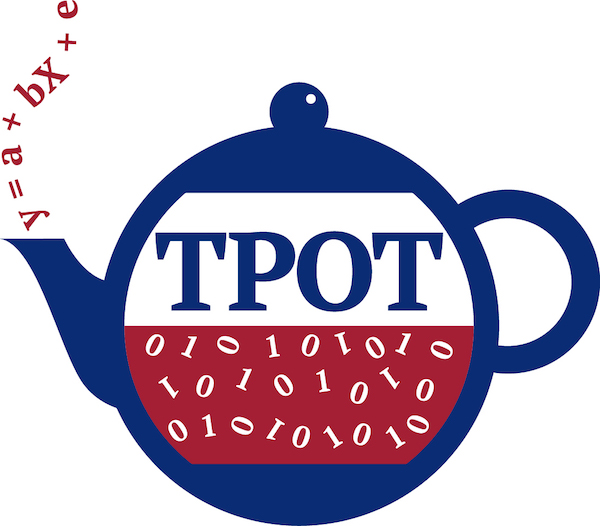Summer: compartmental disease modelling in Python
Summer is a Python-based framework for the creation and execution of compartmental (or "state-based") epidemiological models of infectious disease transmission.
It provides a range of structures for easily implementing compartmental models, including structure for some of the most common features added to basic compartmental frameworks, including:
- A variety of inter-compartmental flows (infections, transitions, births, deaths, imports)
- Force of infection multipliers (frequency, density)
- Post-processing of compartment sizes into derived outputs
- Stratification of compartments, including:
- Adjustments to flow rates based on strata
- Adjustments to infectiousness based on strata
- Heterogeneous mixing between strata
- Multiple disease strains
Some helpful links to learn more:
- Rationale for why we are building Summer
- Documentation with code examples
- Available on PyPi as
summerepi. - Performance benchmarks
Installation and Quickstart
This project is tested with Python 3.6. Install the summerepi package from PyPI
pip install summerepi
Then you can use the library to build and run models. See here for some code examples.
Development
Poetry is used for packaging and dependency management.
Initial project setup is documented here and should work for Windows or Ubuntu, maybe for MacOS.
Some common things to do as a developer working on this codebase:
# Activate summer conda environment prior to doing other stuff (see setup docs)
conda activate summer
# Install latest requirements
poetry install
# Publish to PyPI - use your PyPI credentials
poetry publish --build
# Add a new package
poetry add
# Run tests
pytest -vv
# Format Python code
black .
isort . --profile black
Releases
Releases are numbered using Semantic Versioning
- 1.0.0/1:
- Initial release
- 1.1.0:
- Add stochastic integrator
- 2.0.2:
- Rename fractional flow to transition flow
- Remove sojourn flow
- Add vectorized backend and other performance improvements
- 2.0.3:
- Set default IVP solver to use a maximum step size of 1 timestep
- 2.0.4:
- Add runtime derived values
- 2.0.5:
- Remove legacy Summer implementation
- 2.1.0:
- Add AdjustmentSystems
- Improve vectorization of flows
- Add computed_values inputs to flow and adjustment parameters
- 2.1.1:
- Fix for invalid/unused package imports (cachetools)
- 2.2.0
- Add validation and compartment caching optimizations
- 2.2.1
- Derived output index caching
- Optimized fast-tracks for infectious multipliers
- 2.2.2
- JIT infectiousness calculations
- Various micro-optimizations
- 2.2.3
- Bugfix release (clamp outputs to 0.0)
- 2.2.4
- Datetime awareness, DataFrame outputs
Release process
To do a release:
- Commit any code changes and push them to GitHub
- Choose a new release number accoridng to Semantic Versioning
- Add a release note above
- Edit the
versionkey inpyproject.tomlto reflect the release number - Publish the package to PyPI using Poetry, you will need a PyPI login and access to the project
- Commit the release changes and push them to GitHub (Use a commit message like "Release 1.1.0")
- Update
requirements.txtin Autumn to use the new version of Summer
poetry build
poetry publish
Documentation
Sphinx is used to automatically build reference documentation for this library. The documentation is automatically built and deployed to summerepi.com whenever code is pushed to master.
To run or edit the code examples in the documentation, start a jupyter notebook server as follows:
jupyter notebook --config docs/jupyter_notebook_config.py
# Go to http://localhost:8888/tree/docs/examples in your web browser.
You can clean outputs from all the example notbooks with
./docs/scripts/clean.sh
To build and deploy
./docs/scripts/build.sh
./docs/scripts/deploy.sh
To work on docs locally
./docs/scripts/watch.sh
![[HELP REQUESTED] Generalized Additive Models in Python](https://github.com/dswah/pyGAM/raw/master/imgs/pygam_tensor.png)



